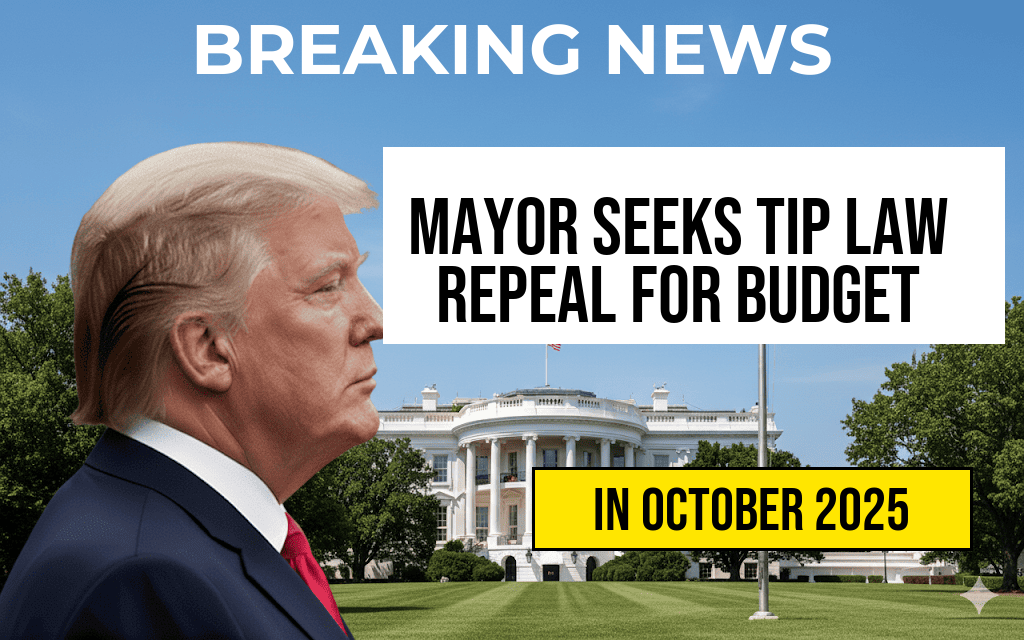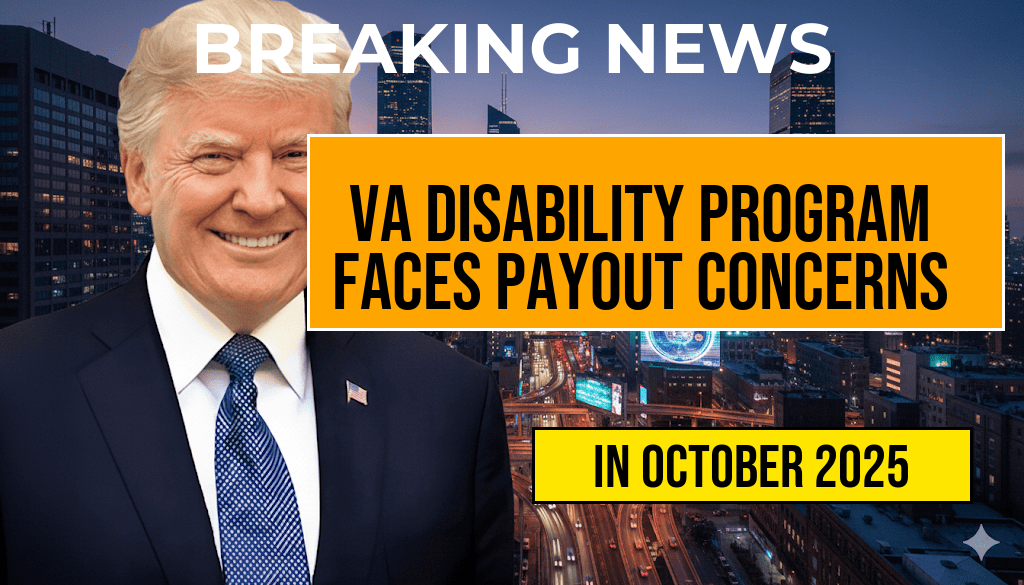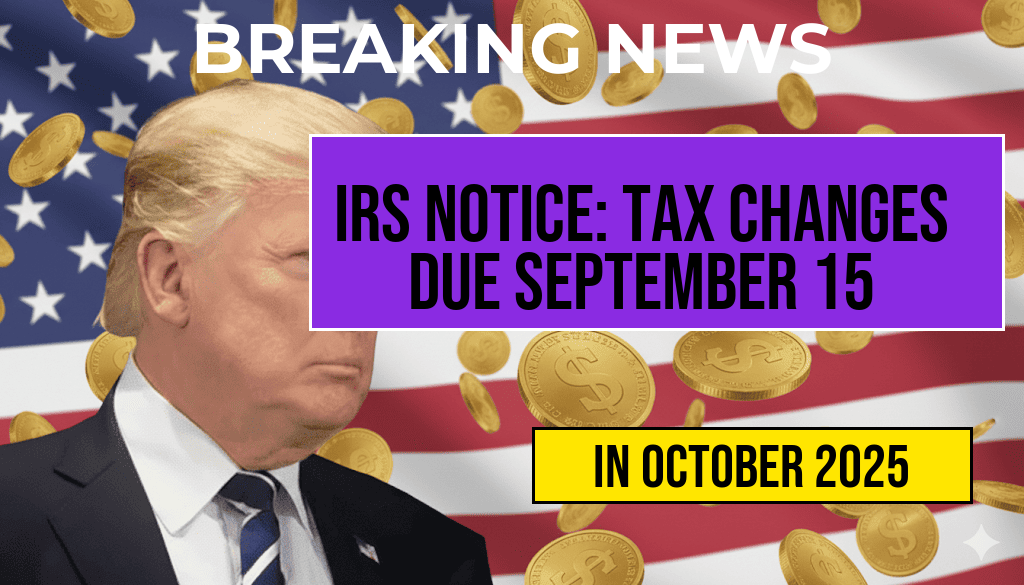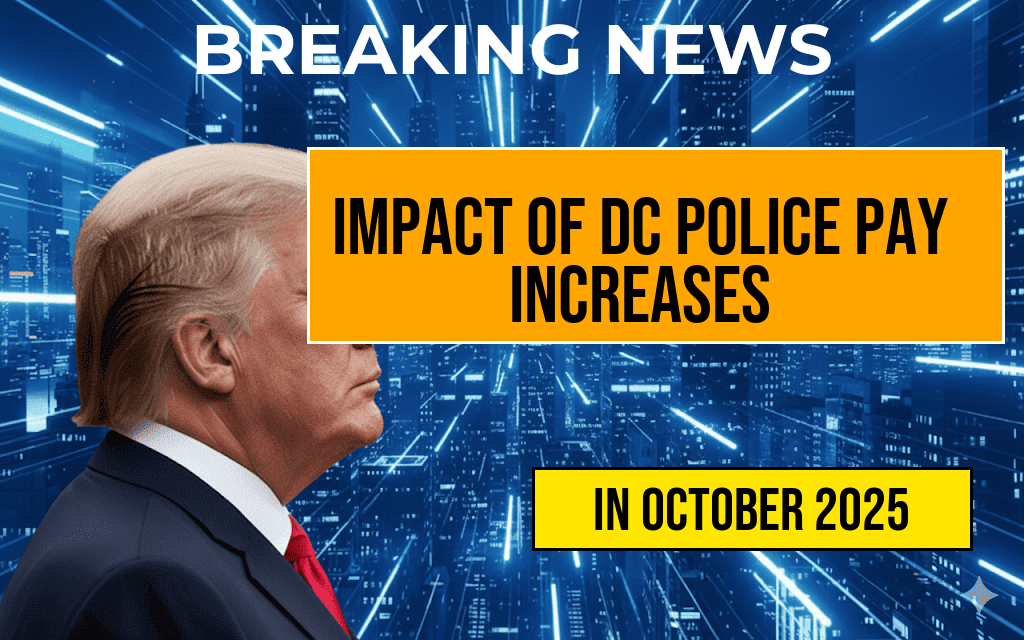The mayor of a major U.S. city has announced plans to repeal a long-standing tip law in a bold attempt to address a staggering $1 billion budget shortfall. This proposed change is part of a broader strategy to stabilize the city’s finances, which have been strained by rising costs and declining revenues exacerbated by the ongoing economic challenges. The tip law, which allows service industry workers to receive less than the federal minimum wage if they earn sufficient tips, has been a contentious issue for years. Advocates argue that repealing the law would protect workers’ earnings, while opponents contend it could lead to increased prices for consumers and job losses in the hospitality sector.
Background on the Tip Law
The controversial tip law has been in place for decades, enabling employers in the hospitality industry to pay their employees a lower base wage with the understanding that tips would supplement their income. This system has faced criticism from labor advocates who argue that it perpetuates wage inequality and leaves workers vulnerable to inconsistent earnings. The city’s decision to reconsider this policy comes at a critical moment as local businesses and workers alike grapple with the economic fallout from the pandemic.
Economic Context and Budget Challenges
The city’s budget shortfall is not an isolated incident; it reflects broader economic trends that have affected municipalities across the country. With inflation soaring and consumer spending fluctuating, the city has seen a dip in revenue from taxes and fees that support essential services. Mayor [Name] emphasized the need to make tough choices in order to restore fiscal health, stating, “We must take decisive action to ensure our city can continue to provide vital services to our residents.”
- Inflation: Rising prices have led to decreased consumer spending, impacting sales tax revenue.
- Job Losses: Many businesses, particularly in the hospitality sector, have struggled to recover post-pandemic.
- Service Cuts: Essential services may face cuts if the budget deficit is not adequately addressed.
Reactions from Stakeholders
The announcement has sparked a wide array of reactions from various stakeholders. Supporters of the repeal argue that it is a necessary step to ensure fair wages for workers who rely heavily on tips. “Repealing the tip law would level the playing field for all workers in the hospitality industry,” said [Name], a local labor organizer. “No one should have to rely on the whims of customers for their livelihood.”
Conversely, business owners have expressed concern that such a repeal could lead to increased operational costs, which they may have to pass on to consumers. “This move could have unintended consequences, including job losses and higher prices for customers,” warned [Name], a spokesperson for the local restaurant association.
Potential Impact on the Service Industry
The potential repeal of the tip law raises significant questions about the future of the service industry in the city. Economists suggest that while the move could enhance wage stability for workers, it may also alter the dynamics of tipping culture, which is deeply ingrained in American society. The following factors are crucial to consider:
- Wage Adjustments: Employers may need to raise pay to meet the minimum wage requirements.
- Customer Behavior: Changes in tipping practices could affect overall earnings for service workers.
- Business Viability: Higher labor costs may lead to increased prices or reduced hiring.
Next Steps for the Mayor and City Council
As the mayor moves forward with plans to repeal the tip law, the city council will play a critical role in shaping the outcome. Public hearings and discussions are expected to take place within the coming weeks, allowing residents to voice their opinions on the proposed changes. The mayor has urged citizens to engage in this process, stating, “This is a community issue that affects us all; I encourage everyone to share their thoughts.”
In addition, the city is exploring alternative solutions to address the budget shortfall, including potential tax increases or cuts to non-essential services. The outcome of these discussions will significantly influence the city’s economic landscape in the years to come.
Conclusion
The proposed repeal of the tip law represents a critical juncture for the city as it grapples with a significant budget deficit. With varied opinions from workers, business owners, and economists, the debate is poised to intensify in the coming weeks. As the city navigates these challenges, the effectiveness of its strategies will likely set a precedent for other municipalities facing similar fiscal hurdles.
For more information on the implications of the tip law and the budget shortfall, visit Forbes and Wikipedia.
Frequently Asked Questions
What is the main reason for the Mayor’s proposal to repeal the tip law?
The Mayor aims to repeal the tip law to address a significant $1 billion budget shortfall faced by the city.
How does the tip law currently impact the city’s budget?
The tip law affects the distribution of earnings for service workers, which can influence overall tax revenues and contribute to the city’s financial challenges.
What are the potential consequences of repealing the tip law?
Repealing the tip law could lead to a change in wages for service workers, potentially impacting their earnings and the economic landscape of the city.
How will the Mayor’s proposal affect service workers?
Service workers may face a decrease in their overall compensation if the tip law is repealed, which could result in financial instability for many in the industry.
What steps will be taken to address the $1 billion budget shortfall besides the repeal of the tip law?
In addition to the proposed repeal of the tip law, the city is exploring various measures including budget cuts, increased taxes, and other revenue-generating initiatives to address the $1 billion budget shortfall.








